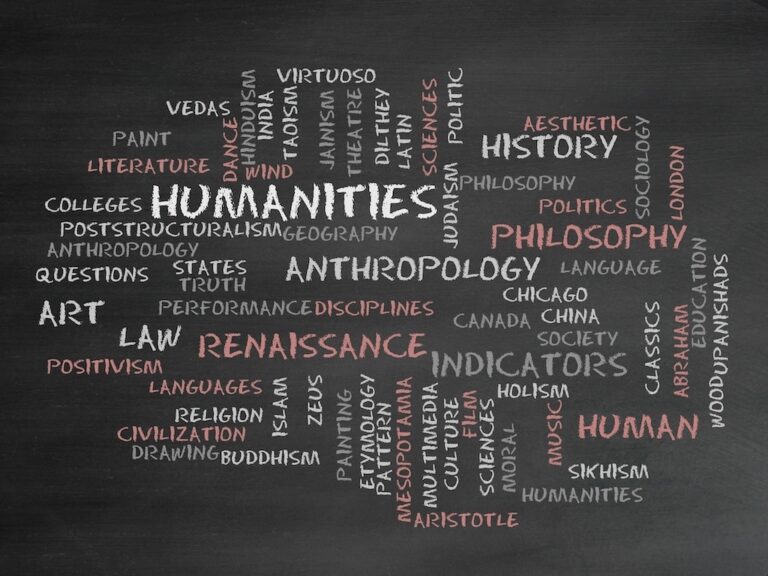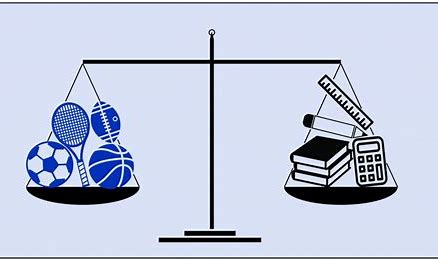
Careers in Humanities
We are living in an age that is driven by rapid technological advancements and global interconnectivity. At this crossroads, the humanities remain more vital than ever. Subjects like literature, history, philosophy, political science, linguistics, and the arts are not just academic disciplines—they provide a window into the human experience. They help us understand where we come from, how we think, and what values shape our societies.
As a discipline, the Humanities encourages us to ask existential questions: What does it mean to be human? How have we evolved socially, culturally, and politically? Not only is our world polarized due to conflicts, cultural differences, and the growing points of ethical dilemmas, but it is the humanities that cultivate empathy and compassion. Sure, we need to listen to diverse voices and challenge assumptions, but in doing so, we need to remember that respect and empathy are key components of the interconnectedness of humans. They teach us to listen to diverse voices, challenge assumptions, and consider perspectives different from our own.
What You Need to Know About Vanderbilt University | Ivy Central
Hence, in a world dominated and to a great extent obsessed with technology, careers in the humanities are often perceived as having low value. But the truth is, humanities careers are not only relevant—they’re essential to shaping a more thoughtful, ethical, and equitable world. A recent research conducted by Oxford University and its research published as ‘The Value of the Humanities’, reveals how “humanities graduates have fared over their whole careers, not just at a fixed point in time after graduation. It comes shortly after a report from the Higher Education Policy Institute, which quantified the strength of the humanities in the UK.”
It was observed that the resilience and flexibility gained through studying the humanities prove especially valuable during major shifts in the job market, be it due to a global economic downturn, the growing influence of automation and AI, or even a worldwide pandemic.
The report’s key findings include:
1) Humanities graduates develop resilience, flexibility, and skills to adapt to challenging and changing labor markets.
2) Humanities careers open a path to success in a wide range of employment sectors.
3) The skills developed by studying a humanities degree, such as communication, creativity, and working in a team, are “highly valued and sought out by employers”
Another perspective that interviews with employers revealed was that they valued the following traits in Humanities graduates:
- Critical thinking
- Strategic thinking
- An ability to synthesize and present complex information
- Empathy
- Creative problem-solving
As we are faced with challenges such as climate change, AI ethics, privacy, misinformation, and social justice, it’s humanities professionals who provide the moral compass. They bring with them an understanding of historical contexts and ask critical questions that are needed for responsible innovation.
Let’s deep dive into some careers that are growing and what you need to study to become a part of that industry.
1. Digital Content Strategist
They create a plan for what type of content (blogs, videos, podcasts, infographics, social media posts, etc.) should be published, when, and where. This involves: Defining the target audience; Understanding brand voice and goals; Aligning content with broader marketing strategies.
Who is it for: This career is perfect for those with a background in communication, writing, literature, history, philosophy, media studies, or languages because it values: Students who have a flair for English, Communication, Media Studies, and Cultural Studies. Skills required will be writing, cultural literacy, analytics, branding, Research and Analysis, Creativity, and Adaptability.
Where can you work: Google, Netflix, NGOs, lifestyle brands, edtech startups
2. Social Innovation Strategist
They work on projects that tackle real-world challenges, interdisciplinary projects that address some of the world’s most pressing challenges, such as education reform, public health awareness, social inequality, and climate change. By applying humanities-centered thinking, they bring a deep understanding of culture, ethics, history, and human behavior to the table.
Who is it for: This is perfect for students of Political Science, Sociology, and Development Studies.
Where can you work: UN, nonprofits, think tanks.
3. Human Resources Specialists?
Humanities students often excel in understanding human behavior, navigating cultural dynamics, and resolving conflicts with sensitivity and ethical awareness. Hence, they are well-suited to pursue a career as Human Resources (HR) specialists, and in many ways, they are uniquely fit for it.
Who is it for: If you have a background in psychology, sociology, history, literature, or philosophy, you will be equipped with strong communication, empathy, and critical thinking skills, all of which are essential in HR.
Where can you work: Every industry requires an HR department. So you can work in large corporations (e.g., tech firms, financial institutions, consulting firms) or Small and medium-sized enterprises (SMEs). Education, Hospitality, Hospitals, etc.
4. Public Relations Manager:
They are responsible for creating and maintaining the public image of their client or company. They help prepare press releases for the media and bridge the transparency between the client and their customers to maximize engagement.
Who is it for: Employers would prefer that you have a bachelor’s degree in English, communications, or any business-related field, but having good writing skills can also be taken into consideration.
5. Psychologist
Psychologists examine human behavior by observing, interpreting, and analyzing how individuals interact with each other and their surroundings. They aim to understand how people think, feel, and behave by developing theories and conducting experiments in controlled settings, which may either confirm or challenge their hypotheses.
Also explore careers such as the Civil Services, Law, and Political Analyst, International Relation Experts, Public Policy researchers.
All You Need To Know About the University of Rochester | Ivy Central
Final Word
In conclusion, humanities students possess a unique skill set that equips them to thrive in entrepreneurial and management roles. Whether launching their ventures or taking on leadership positions in established organizations, humanities graduates have the potential to bring a human-centered approach to business that fosters growth, collaboration, and long-term success. If you are interested in studying the humanities in college, you should go ahead and study it.






